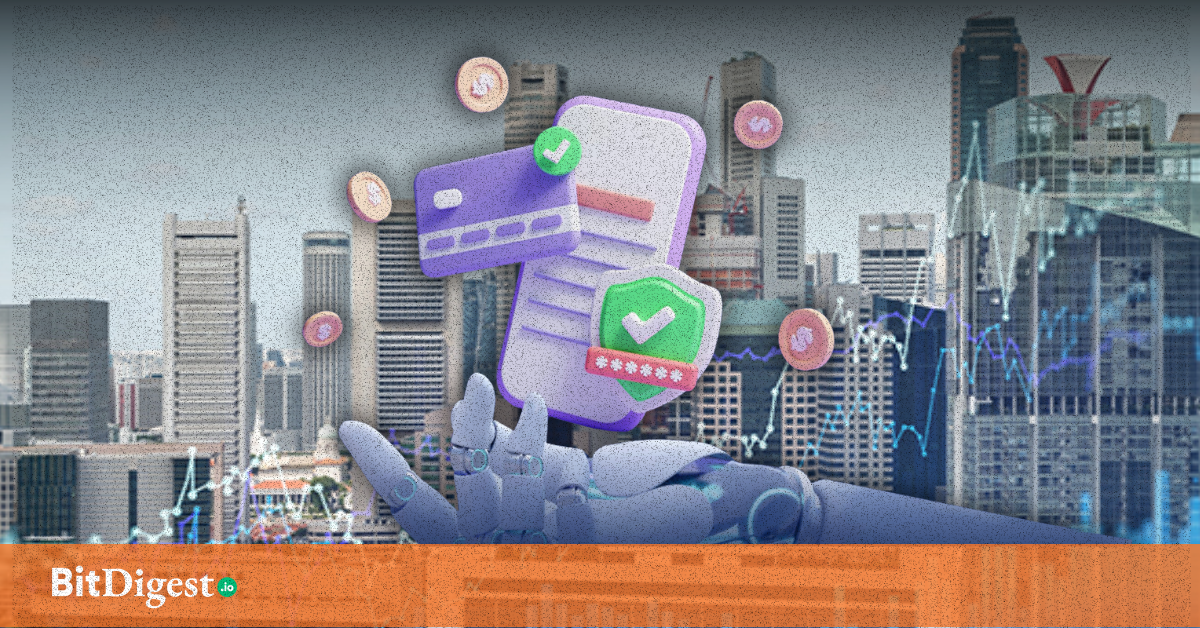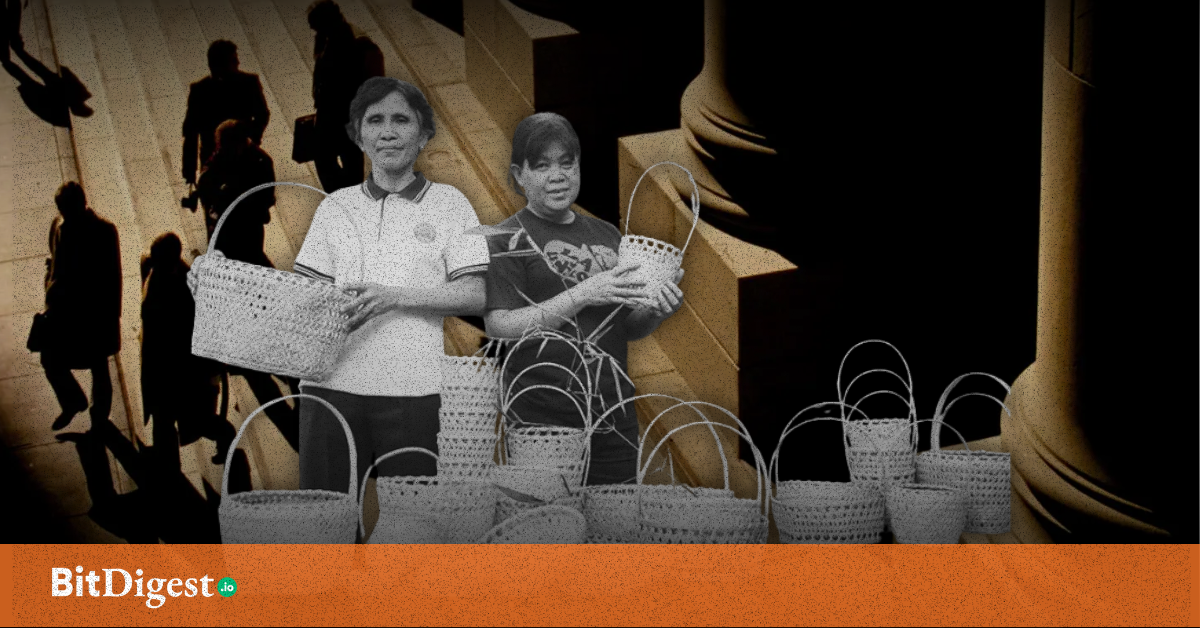The Future of OFW Remittance Is Peer-to-Peer: NoOnes is Leading the Way
Every month, overseas Filipino workers line up at remittance centers, only to watch a chunk of their hard-earned salary vanish into fees and exchange rate losses. They work long hours abroad to support families back home, yet rely on systems that charge too much and give too little in return.
That’s where NoOnes enters the picture—not just as another crypto platform, but as a peer-to-peer infrastructure designed to offer OFWs more control, better options, and significantly lower costs.
How NoOnes Works Differently
Fundamentally, NoOnes is a peer-to-peer (P2P) platform. Traders are able to exchange Bitcoin directly with each other via familiar payment methods at home such as GCash, bank transfer, Maya, or even gift cards. It begins when a user posts a trade offer and it is accepted by another user.
Once a trade is initiated, the platform automatically holds the cryptocurrency in escrow, a virtual holding area that keeps the funds intact until both parties complete their obligation. This safeguards users against scams and bad faith. In case of a disagreement, NoOnes intervenes to look at the transaction history and chat logs before settling the dispute. There are no secret middlemen, and the whole transaction is observable by both parties from initiation to completion.
Aside from simple trades, users can also generate their own personal offers, haggle in real time, and establish trust through authentic trading backgrounds. For the users who consistently provide competitive prices and follow through on transactions consistently, there's even a chance to be accepted as trusted vendors and earn from price margins.
Flexible, Accessible, and Mobile-First
One of NoOnes’ biggest strengths is its flexibility. The platform accommodates more than 450 types of payments worldwide, providing a wider variety than even most mainstream banks or remittance companies. Whether the user is inclined towards digital wallets, bank transfer, or something else, there's probably an option that suits them.
Access to the platform is straightforward. New users aren’t required to go through full identity verification just to explore or make low-volume trades. However, for those looking to unlock more features or higher transaction limits, NoOnes provides tiered verification options. The platform is also mobile-first, optimized for Android and iOS devices, while remaining fully accessible via desktop browsers.
Security and Protection Built In
NoOnes places security at the center of every transaction. Its escrow system functions automatically, ensuring that the seller can’t withdraw the funds unless the buyer confirms payment. On the flip side, the buyer is protected from sellers who might not deliver.
In addition, vendors who want to build extra trust can voluntarily stake collateral on their offers. This gives buyers added assurance when choosing trade partners. Should any conflict arise, moderators are available to mediate fairly based on the evidence presented.
More Than Just Trading
While NoOnes began as a marketplace, it continues to evolve into a broader financial ecosystem. Filipino users now have access to a USD-denominated virtual Visa card, allowing them to spend their crypto easily on online purchases and subscriptions. The upcoming integration of the Lightning Network will further reduce Bitcoin transaction fees and confirmation times. Meanwhile, the platform is also developing a peer-reviewed credit scoring system and offering educational content through NoOnes Academy to promote financial literacy.
Why This Matters for OFWs
Conventional remittance channels cost between 6 to 10 percent per transaction, sometimes higher. With NoOnes, users can cut that down to mere 1 to 2 percent, in addition to a faster settlement time. Rather than waiting days or losing value to hidden fees, OFWs can ensure that more of what they earn reaches their families—often within minutes.
A System That Finally Works for the Worker
OFWs have long been the backbone of many economies, yet the financial tools available to them rarely reflect the weight of their contribution. NoOnes offers a different approach. By reducing fees, improving access, and returning control to the user, it reshapes the remittance experience into something more empowering, efficient, and fair.
This is not just about better technology. It’s about building systems that finally work in favor of the people who keep them running.
.svg)


.svg) SHARE TO FACEBOOK
SHARE TO FACEBOOK SHARE TO TWITTER/X
SHARE TO TWITTER/X SHARE TO LINKEDIN
SHARE TO LINKEDIN SEND TO MAIL
SEND TO MAIL





.svg)


.svg)